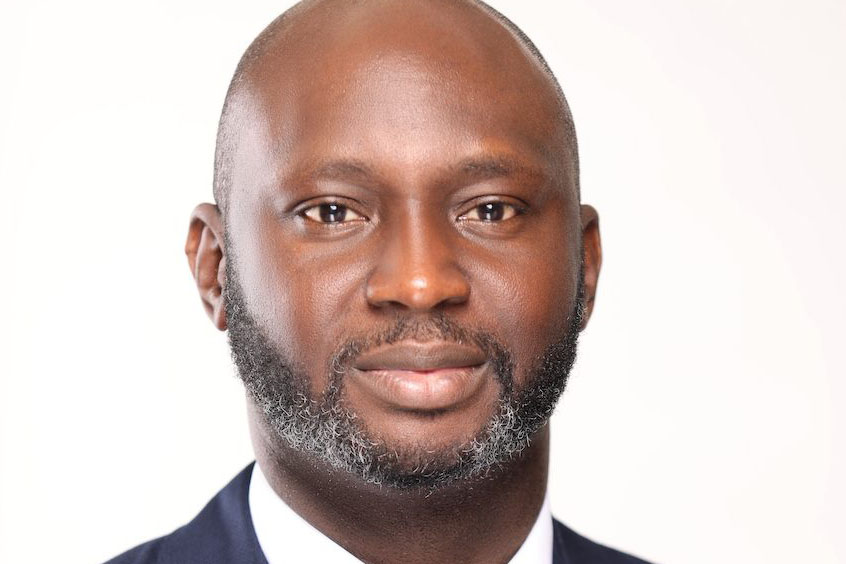The Securities and Exchange Commission (SEC) has entered a strategic partnership with the Central Bank of Nigeria (CBN) and the Economic and Financial Crimes Commission (EFCC) to identify, monitor and freeze digital wallets linked to illicit financial activities, including money laundering and cyber-enabled fraud.
The collaboration, described as a significant milestone in Nigeria’s regulatory landscape, aims to strengthen the integrity of the country’s expanding digital finance ecosystem and safeguard the interests of investors in the rapidly evolving world of virtual assets.
Director-General of the SEC, Dr Emomotimi Agama, made this disclosure in Abuja while addressing participants at the Abuja Journalists Academy during a lecture themed: ‘The Regulation of Digital Assets and Virtual Asset Service Providers in Nigeria’.
Represented by the Head of the External Relations Department of the Commission, Dr Agama emphasised that the partnership with the CBN and EFCC would reinforce the SEC’s enforcement capacity by allowing the three institutions to work together in freezing illicit digital wallets and recovering proceeds derived from criminal operations.
He explained that the commission’s broader goal is to ensure that innovation within the financial technology space becomes a catalyst for national progress rather than a tool for exploitation, noting that the integrity of the financial system must always be preserved even as technology transforms the landscape.
Agama highlighted that Nigeria stands among the leading countries globally in the adoption of digital assets, with over one-third of its population participating in cryptocurrency-related transactions.
The surge in digital asset transactions has been accompanied by a rise in crypto-related scams, fraudulent wallet applications, phishing schemes, and ransomware attacks that have defrauded unsuspecting citizens.
The framework is anchored on three fundamental principles—licensing, compliance, and transparency, which collectively seek to promote accountability, discourage misuse, and foster investor confidence.
Agama explained that the commission’s objective is to build a transparent and trustworthy digital asset market that balances the demands of innovation with the imperative of investor protection.
In addition to regulatory measures, the SEC has adopted advanced technological tools to enhance its supervisory capabilities. Agama revealed that the Commission is now leveraging blockchain analytics and artificial intelligence (AI) to trace transactions, detect fraudulent behaviour, and enhance cybersecurity defences.
By integrating these cutting-edge technologies into its operations, the SEC is better equipped to respond swiftly to suspicious activities and protect market integrity.
He noted that the collaborative framework with the CBN and EFCC will further strengthen institutional coordination, enabling quicker and more effective responses to cross-border financial crimes and digital fraud schemes.






